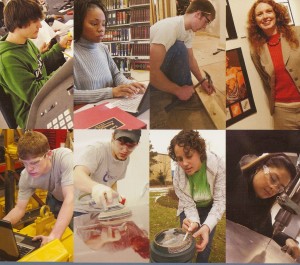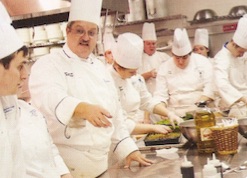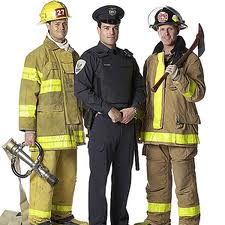
The study of numbers is a constantly growing field, and thanks to the explosion of the technology industry, mathematics has become one of the most lucrative majors in higher education. The study of math not only creates a technical ability to deal with numbers, but it teaches many analytical and problem-solving skills that are sought after and prized by employers across all industries. So if you’re wondering what it is that you can do with your degree in mathematics, here is just a small selection of options.
- Accountancy and finance
Accounting and finance firms are constantly looking for employees with strong technical skills in mathematics and an ability to follow complex algorithms and economic equations to determine the strength of a company’s financial positioning. The various types of jobs include roles such as auditor, tax accountant, forensic accountant, management accountant and corporate advisor.
- Actuarial sciences
As an actuary you will utilize various statistical information in order to create probabilities to inform your clients on different types of financial risk. Actuaries tend to be focused on business strategy, combining mathematically derived economic trends and information with practical solutions to insure sound investments and to minimize potential losses.
- Banking
Banking careers that are open to students who’ve studied mathematics range from general retail banking to corporate investment banking. Both forms of careers deal mainly with financial assessments of various public and private financial structures, and the largest opportunities lie in departments of merger and acquisitions and lending and IPOs.
- Statistics
If your main focus in mathematics was statistics, than your options for career industries are great, as virtually all major businesses and corporation employ statisticians to collect, analyze, and contextual data. Many statisticians also possess advanced IT skills, as they are usually required to work on larger company databases.
- Academia
For mathematicians looking to pursue a career in academics and teaching, a great step is to study for a master of science in mathematics education. The academic side of math will allow you to not only teach the future generations of mathematicians, but to continue your own research pursuits within the field, usually leading to publication in magazines and journals. Academic postings can be wide-ranging, and your choice of specialty will dictate what level of education you teach at and in what department.
With such a specific degree like a BSc in mathematics, it can be easy to see why many people might think their future career prospects would be held to a few select fields, but in truth the study of math is a doorway to many prospects.











